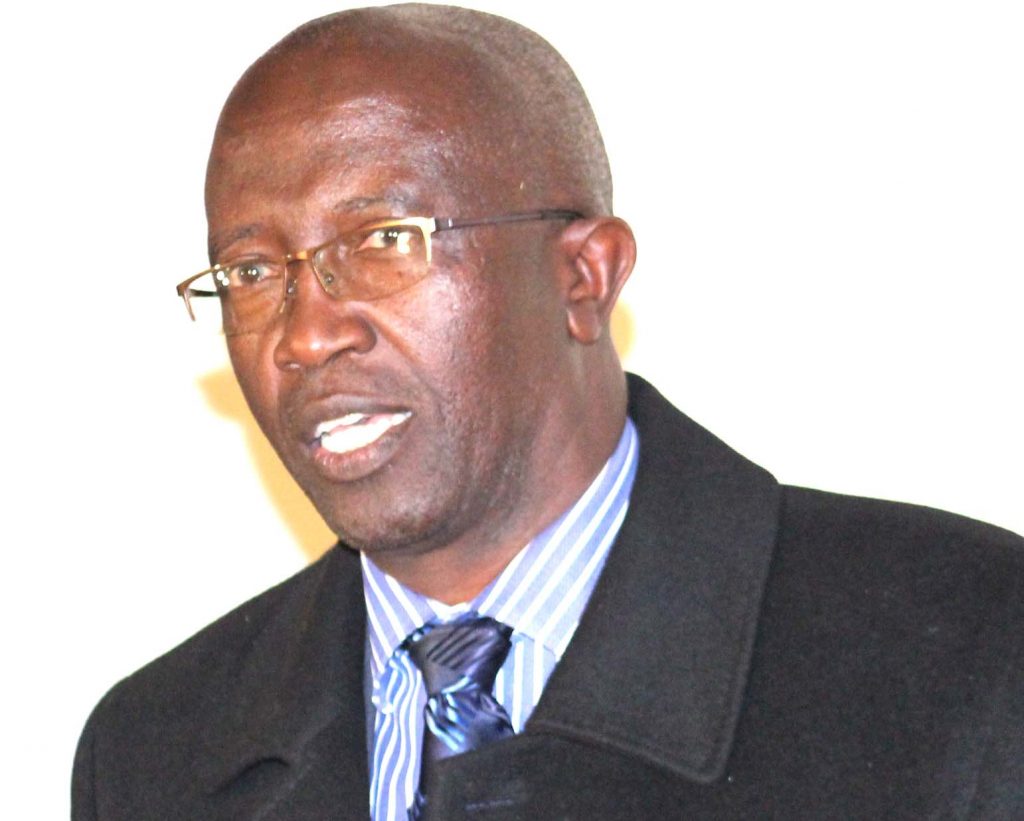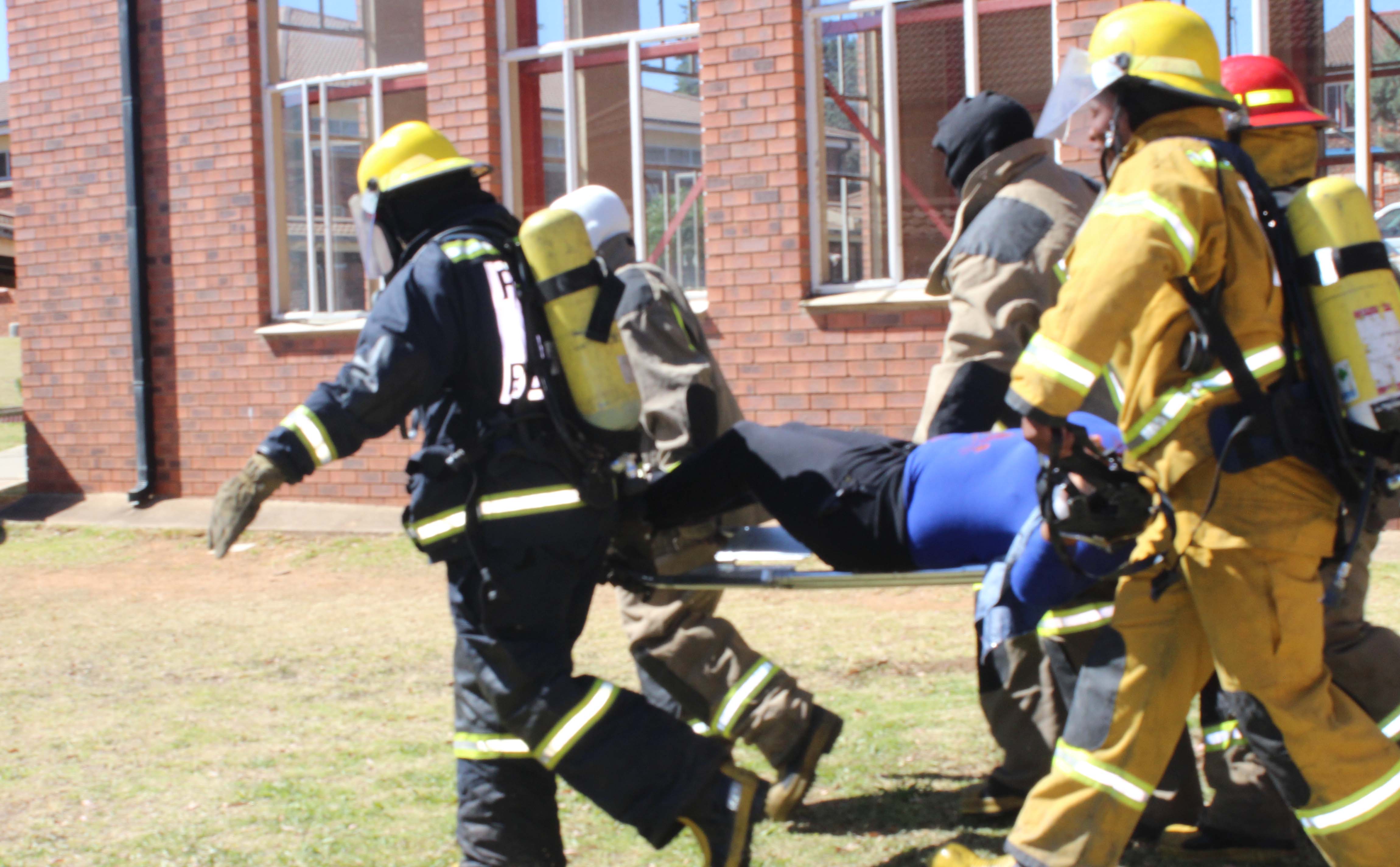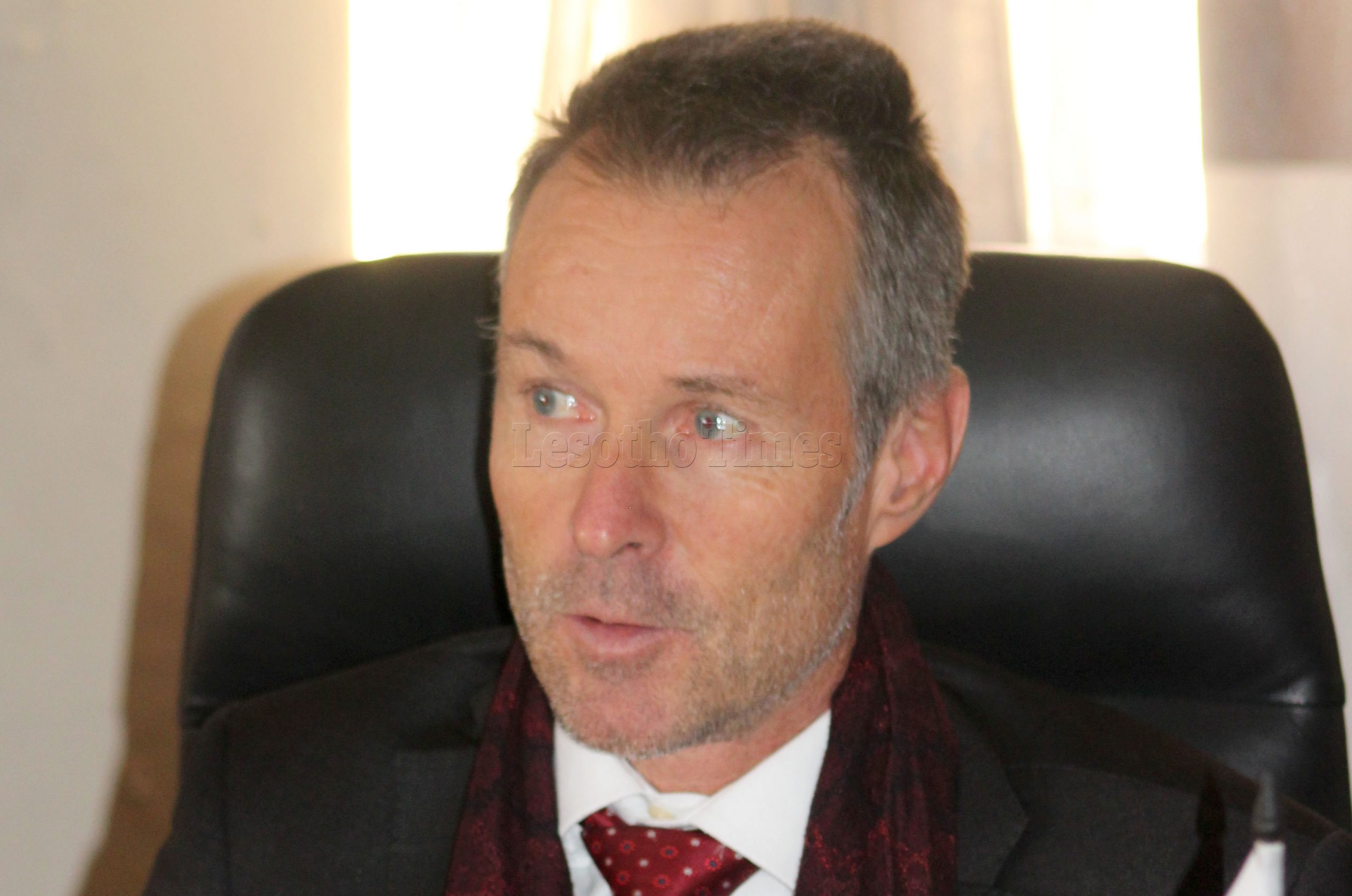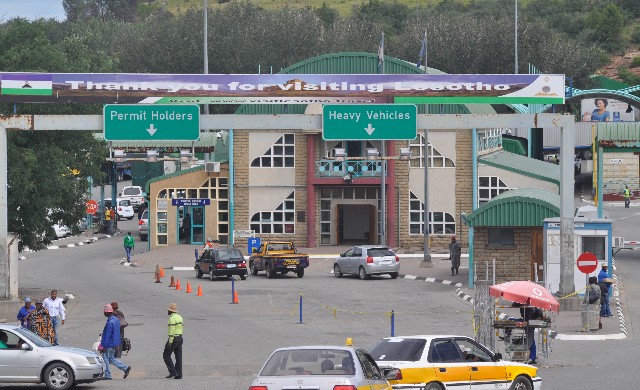
Pascalinah Kabi
A CALL has been made for a coordinated response from government and other stakeholders to mitigate the impact of climate change.
This was said by Defence and National Security Minister Tšeliso Mokhosi on Monday, while officially opening the Climate Change Response Strategy Project on behalf of his Energy and Meteorology counterpart Selibe Mochoboroane.
Mr Mokhosi said it was imperative for all stakeholders to come up with strategies for enhancing the resilience of vulnerable communities so they can withstand climatic shocks.
He said the Climate Change Response Strategy Project would formulate a climate change policy, implementation strategy as well as a sustainable energy framework. The project was funded by the government of Ireland through the European Union (EU) Delegation to Lesotho.
“Lesotho’s development policies continued to strongly focus on the attainment of sustainable human development, a goal which broadly encompasses poverty reduction, employment creation, provision of social services and addressing key environmental challenges,” Mr Mokhosi said.
“However, climate change impacts are a significant hindrance to development in Lesotho. Key challenges include land degradation, agricultural malpractices, overgrazing, loss of vegetation cover and wetlands.”
He said Basotho were reeling from the impact of the 2015/2016 El Nino-induced drought which had resulted in water shortages and poor harvests.
“The drought has recently been followed by heavy snow and rainfall during the past week. It is apparent that nowadays we are moving from one extreme weather condition to another,” said Mr Mokhosi.
“It is therefore necessary to build the resilience of vulnerable communities to better withstand and recover from the climatic shocks.”
The minister said countries across the globe committed to create a new international climate agreement at the United Nations Framework Convention on Climate Change (UNFCC) in France last December to reduce greenhouse gases and identify initiatives to adapt to the changing climate.
“The new agreement ends the strict differentiation between developed and developing countries that characterised earlier efforts, replacing it with a common framework that commits all countries to put forward their best efforts and to strengthen them in the years ahead,” he said.
“This includes, for the first time, requirements that all parties involved undergo international review, particularly on their emissions and implementation efforts.”
Mr Mokhosi said the absence of a climate policy and strategy made it difficult to implement reforms, adding many initiatives were being undertaken around the country, although not at the scale required to meet national needs due to limited finances.
“We will work hard to mobilise and solicit climate finance to meet our needs in a sustainable manner. With respect to energy, Lesotho recently developed an Energy Policy in 2015,” the minister noted.
“The policy has called for the development of renewable energy sources, energy efficiency and application of modern sources of energy. This is consistent with the UN’s Sustainable Energy for All initiative. The policy further acknowledges the pivotal role of the private sector, civil society organisations and donor community in energy programmes.”
He said the Climate Change Response Strategy Project would develop strategic actions to facilitate the active participation of different stakeholders.
“As the first initiative, the Ministry of Energy and Meteorology has formed an energy multi-sectoral stakeholder forum as the platform of coordination of energy sector coordination activities,” said Mr Mokhosi.
“By implementing this project, Lesotho will be able to addressing climate change as well as demonstrating unreserved commitment and will to meet international obligations under the UNFCC.”
In his remarks at the same event, EU Ambassador to Lesotho Dr Michael Doyle reminded the government the UNFCC agreement was legally-binding and “makes irreversible for all countries the ongoing transition to a climate-neutral and resilient global economy”.
“Governments now need to drive this transformation with ambitious policies. Every five years, countries will submit their new and more ambitious plans until the world reaches climate neutrality – a balance between greenhouse gas (GHG) emissions and their removal from the atmosphere,” said Dr Doyle.
“While Lesotho has not been a major contributor to GHG emissions, the main cause of climate change, the country is, and will continue to be, considerably affected by it. Through the development of climate change policies and responses, Lesotho is preparing itself for the impact of climate change. The fact that Lesotho is also determined to play its role in mitigation is highly commendable.”
He said the potentially destabilising effects of climate change — on migration, food security, reliable access to resources, water and energy, the spread of epidemic disease, and social and economic instability — should be addressed by all countries through climate risk assessments and capacity building.
Dr Doyle also revealed the EU Delegation had provided the Department of Energy (DoE) with two experts to assist in strengthening the energy sector in Lesotho.
“The experts will be supporting the coordination role of the DoE in the energy sector, helping the DoE with refining the mandates of institutions in the sector and related training, as well as contributing to an updated and improved electrification master plan. They will also assist in resource mapping and contribute to translating into legislation the recently-approved (2015) Energy Policy for Lesotho,” he said.








